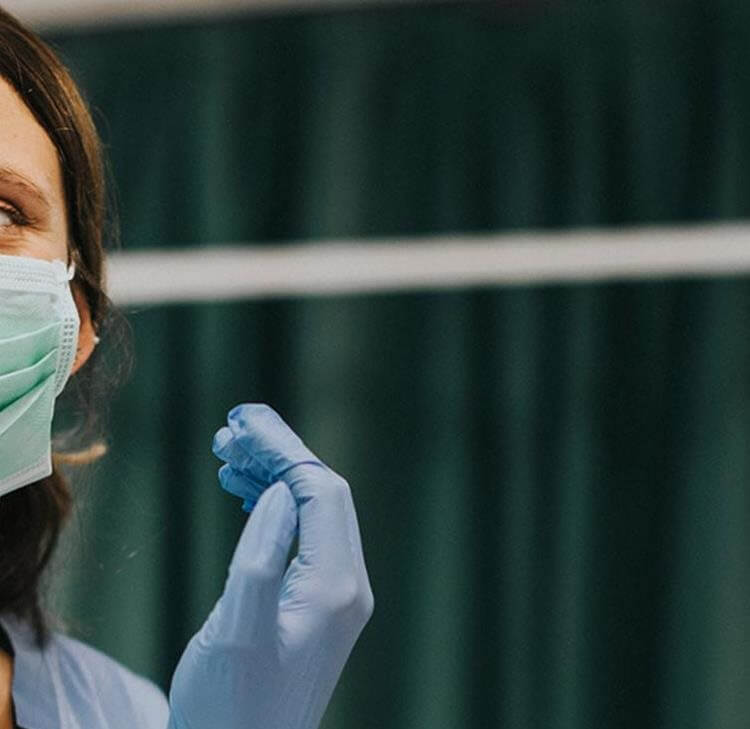The Terminally Ill Adults (End of Life) Bill (“the Bill”), often referred to as the Assisted Dying Bill, is a landmark piece of legislation that was passed by the House of Commons on Friday 20 June 2025.
The Bill authorises terminally ill adults in England and Wales to request and receive assistance to end their own lives under specific safeguards, and has sparked considerable debate across the political spectrum.
The final vote reflected the divisive nature of the issue, with only a 23-vote difference between those in favour and those against. Notably, Prime Minister Sir Kier Starmer and Chancellor of the Exchequer Rachel Reeves voted in favour of the Bill, whereas Deputy Prime Minister Angela Rayner and Health Secretary Wes Streeting voted against it.
This article examines how the Bill, in its current form, would function in practice and its potential impact on the NHS and health and social care practitioners.
Background
The Bill is a Private Members’ Bill, first introduced to Parliament by Labour MP Kim Leadbeater on 11 November 2024. It originated in the House of Commons, where it was debated and amended before narrowly being voted through to the House of Lords for further consideration. The current version of the Bill (HL Bill 112) can be found on the UK Parliament website. It is this version that is analysed here.
How would the Assisted Dying Bill work in practice?
Criteria
The Bill sets out a detailed and multi-layered process by which terminally ill adults may lawfully seek assistance to end their own lives. To be eligible, applicants must:
- be aged 18 or over,
- have capacity to make a decision to end their own life (as defined by the Mental Capacity Act 2005 (MCA)),
- be ordinarily resident in England or Wales for at least 12 months, and
- be registered with a general medical practice in England and Wales.
Critically, the individual must be 'terminally ill', defined as having an inevitably progressive illness or disease that cannot be reversed by treatment, with death reasonably expected within six months. A person who meets this criteria solely due to voluntarily ceasing to eat or drink will not be classified as 'terminally ill'. This provision is intended to protect individuals with eating disorders from accessing assisted dying services. Further, a person will not be considered 'terminally ill' simply because they have a disability or mental disorder, or both.
The individual must also have a clear, settled and informed wish to end their life and must have made that decision voluntarily, free from pressure or coercion.
Process
The process begins with a preliminary discussion between the patient and a registered medical practitioner (RMP) about the requirements for assisted dying. However, no RMP is under a duty to raise the subject of assisted dying with an individual. If an RMP is unwilling or unable to conduct the preliminary discussion, they must direct the individual to where they can obtain information and have the preliminary discussion.
The preliminary discussion must cover the individual’s diagnosis, prognosis, available treatments, and all appropriate palliative, hospice, or other care options, including symptom management and psychological support. The RMP must ensure that any language and literacy barriers are addressed, using interpreters if required.
If the patient wishes to proceed, they must make a 'first declaration' – a formal, witnessed statement of their wish to seek assistance to end their life. This declaration must be signed, dated and witnessed by a 'coordinating doctor' and another independent witness, neither of whom may be a relative or benefit financially from the patient’s death.
The coordinating doctor must then conduct a comprehensive 'first assessment', to confirm the individual’s eligibility and capacity, and that their decision has been made voluntarily in the absence of coercion. Following this first assessment, the coordinating doctor must write a report and confirm whether the individual meets all the requirements under the Bill or not. If they do, the individual must be referred to another, independent doctor for a second assessment.
The independent doctor must not be involved in the patient’s care, or be a partner or colleague in the same practice or clinical team as the coordinating doctor, or be related to the individual wishing to end their life. The independent doctor’s assessment can only be conducted after a mandatory seven-day 'reflection period' has passed.
Both the coordinating and independent doctors must have had specific training in assessing capacity, coercion, and domestic abuse. They must consult with other health and social care professionals as appropriate, or refer the individual for further assessments, particularly if there is any doubt about whether the person is terminally ill or has capacity to make the decision to end their life.
If both assessments confirm the individual’s eligibility, the declaration and assessments must be submitted to the Voluntary Assisted Dying Commissioner (the Commissioner), a new position created by the Bill. The Commissioner will then refer the case to an Assisted Dying Review Panel, which will consist of a legal member, a psychiatrist, and a social worker. The panel must review the documentation, hear from the assessing doctors and the patient and can question any of these individuals. The panel’s role is to ensure that all statutory requirements have been met and, if so, issue a 'certificate of eligibility.'
Following a further reflection period of 14 days (or 48 hours if death is imminent), the patient must make a 'second declaration,' again witnessed and confirmed by the coordinating doctor and another person. Only then may the coordinating doctor provide the patient with an 'approved substance' with which they may end their life. This substance must be self-administered. The coordinating doctor must remain present until the process is complete or the patient decides not to proceed. At every stage, the patient retains the right to withdraw from the process.
The Bill includes criminal penalties for coercion, falsification of documents, or any breach of the process, with offences punishable by up to life imprisonment in the most serious cases.
What if health or social care staff don’t want to assist others to end their life?
The Bill stipulates that no person is obliged to participate in assisting another person to end their life. Specifically, it states that a doctor is not under any duty to assume the role of either a coordinating or independent doctor. Additionally, health or social care professionals are not mandated to provide consultation to colleagues who may have doubts about whether an individual is terminally ill or has capacity. However, while a clinician can decline to conduct a preliminary discussion with an individual about assisted dying, there is a requirement for that clinician to signpost the individual to where they can obtain information and have the preliminary discussion.
What opposition and support has the Bill received?
The Bill has faced criticism from a range of professional and advocacy organisations, including the Royal College of Physicians (RCP) and the Royal College of Psychiatrists (RCPsych).
RCPsych has highlighted that assessing a person’s mental capacity can be a complex process, particularly for people with physical and mental illnesses. It has argued that neither the MCA nor the Assisted Dying Bill provides a framework for assessing a person’s capacity to decide to take their own life. Further, RCPsych considers it’s not clear what a psychiatrist’s role on the Assisted Dying Review Panel would be, and doesn’t believe there are enough consultant psychiatrists to carry out the requirements of the Bill.
The RCP is concerned that assisted dying services might divert resources away from other end of life care services, which it says must be available to all patients. Other organisations have raised concerns about the potential for discrimination against disabled people and the possibility that resource constraints in the NHS could lead to subtle pressure on patients to choose assisted dying over more costly care options.
Supporters of the Bill, such as Dignity in Dying, argue that the proposed legislation would uphold the right to personal autonomy, offer a compassionate choice and ease pain and suffering towards the end of some peoples’ lives.
The Assisted Dying Coalition has highlighted an increase in UK residents seeking assisted dying services abroad, with data indicating that wealthier and more affluent local authorities see higher rates of individuals travelling overseas for this purpose. This trend has led to concerns about inequality, as only those with greater financial resources are able to access such services internationally.
What impact is the Assisted Dying Bill likely to have on health and social care?
The introduction of the Bill could have profound implications for providers of health and social care services. The requirement for two independent medical assessments, including a detailed evaluation of capacity and voluntariness, places significant responsibility on clinicians – especially GPs, psychiatrists and mental health practitioners.
The Bill mandates referral to a psychiatrist if either assessing doctor has doubts about the individual’s capacity, and the psychiatrist’s opinion is pivotal in determining eligibility. This is likely to increase demand for psychiatric expertise at a time when mental health services are already under considerable strain.
Further, the need for training in the assessment of capacity, coercion and domestic abuse will require substantial investment in professional development.
There are concerns that the additional workload may exacerbate existing workforce shortages, particularly in psychiatry, primary and social care. Health Secretary Wes Streeting has highlighted that setting up the assisted dying service will take time and money and, in short, he doesn’t believe there is a budget for it.
The potential for moral distress among practitioners who object to participation in assisted dying, or who are uncertain about the adequacy of safeguards, may also impact staff wellbeing and retention. The Bill does provide explicit protections for conscientious objectors, ensuring that no health professional is obliged to participate, but the practicalities of ensuring access for eligible patients while respecting staff beliefs remain to be worked out.
What will happen next with the Assisted Dying Bill?
With the Bill now having passed the House of Commons, it proceeds to the House of Lords for further scrutiny. Given the contentious nature of the legislation and the strength of opposition from key professional bodies, it is expected that the Lords will subject the Bill to detailed examination, with possible amendments to strengthen safeguards and clarify the roles of clinicians.
The coming months will be critical in shaping the final form of the legislation and the practical arrangements for its delivery within the NHS. The debate is far from over, and the outcome will have lasting implications for patients, clinicians, and society as a whole.
This note is for guidance purposes only, however, we have a dedicated national team of specialist health lawyers who can provide further advice on this Bill if required. The team also offers a full legal service to health commissioners, providers, local authorities and the private sector.
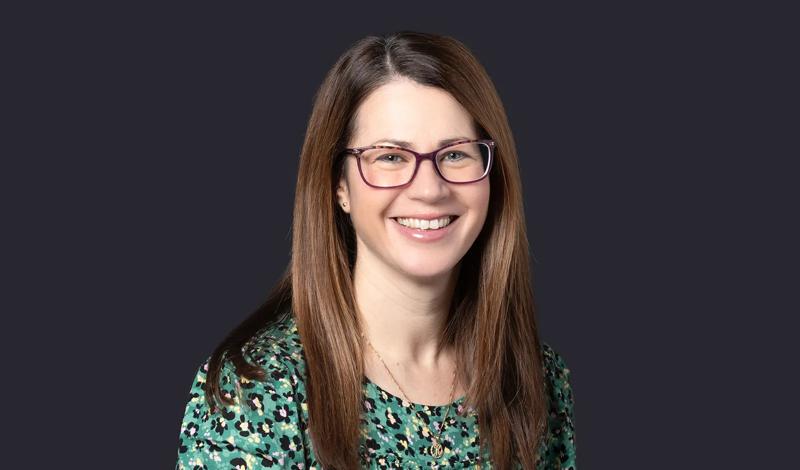
Katie Viggers
Professional Development Lawyer
katie.viggers@brownejacobson.com
+44 (0)330 045 2157


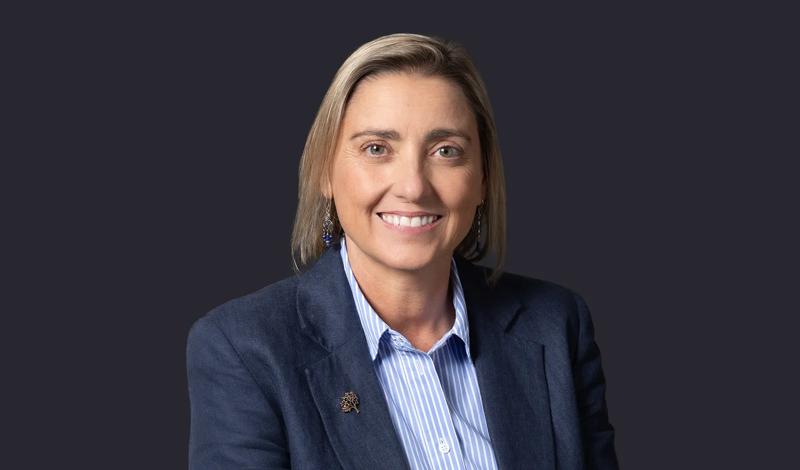


















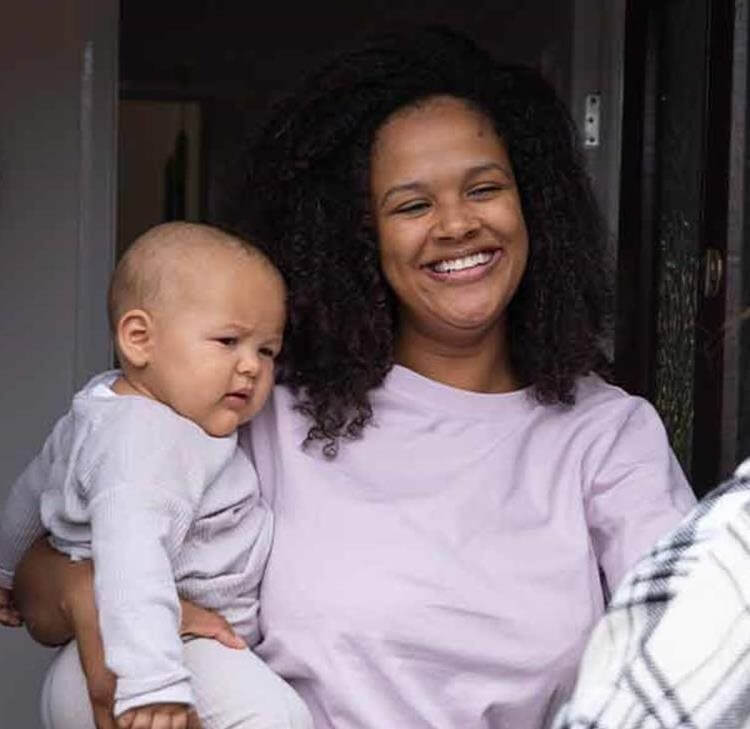
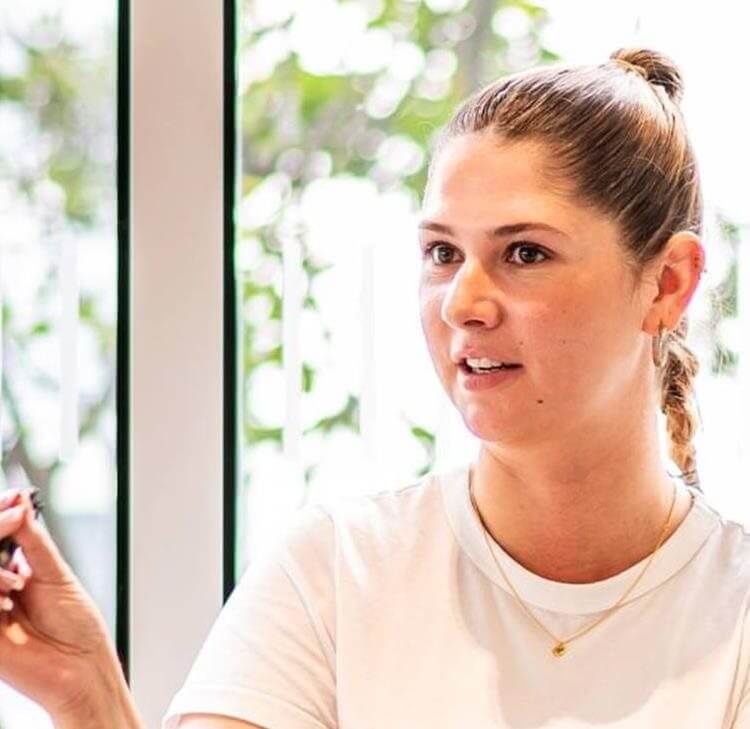

![Contractual liability for all inclusive treatment: Bartolomucci v Circle Health Group Limited [2025]](/getattachment/95f9533b-f99c-4fcc-b8d5-3f93904b8242/shutterstock_1265400856.jpg?variant=HeroImageTabletVariantDefinition)













